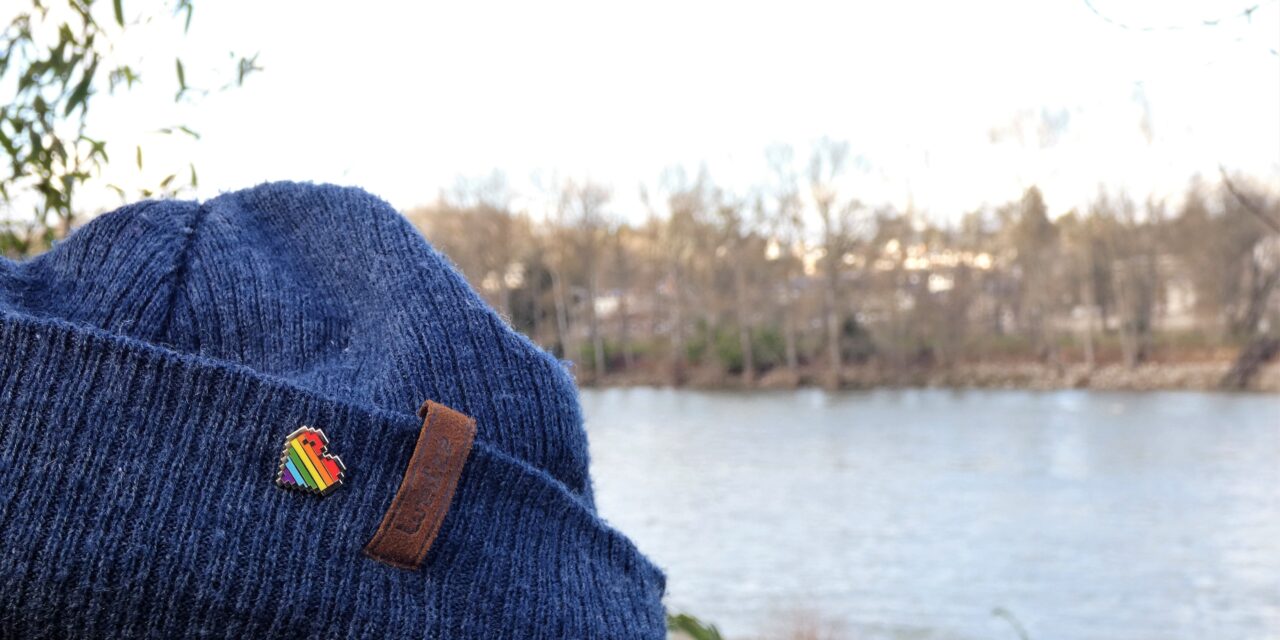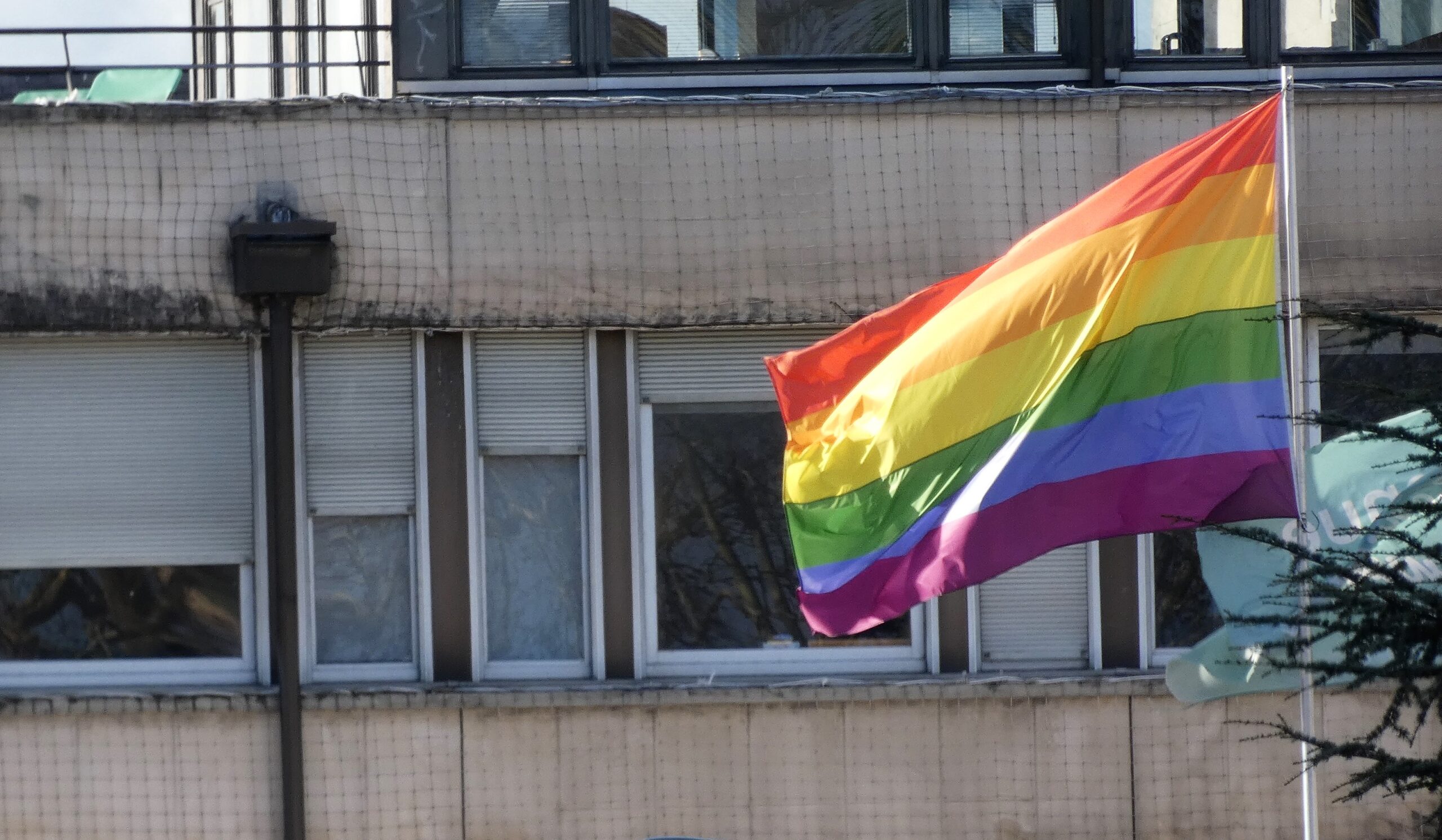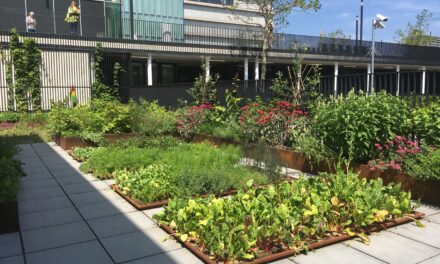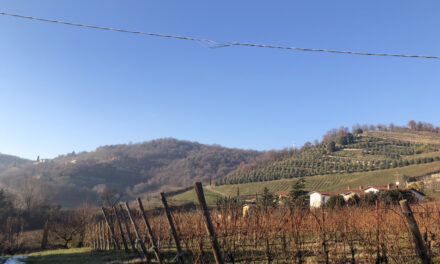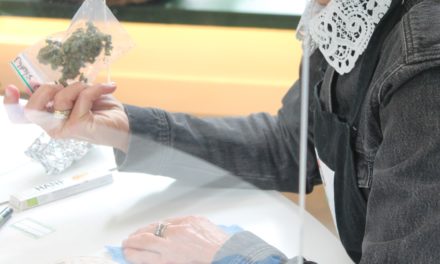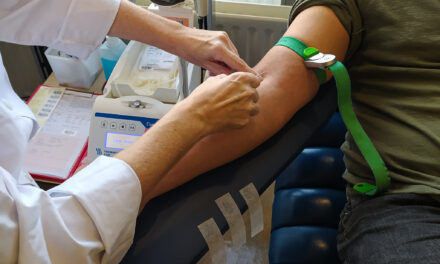We’re still struggling to adapt a law that bans conversion practices for lgbtq+ people in the Netherlands. Malta is the only country so far in Europe who’s got a Law against it (since 2016), so why don’t we just copy it?
It seems like there’s still a tiny loophole in Malta’s law: to make sure people are still able to practice their religion, people are still allowed to ‘pray the gay away’, as long as it’s not done by a professional.
According to Christopher Vella from Drachma, an lgbtq+ organisation that focusses on connecting the lgbtq+ community with the Christian community, the law was a step in the right direction. However, there’s still plenty of ways that people suffer from conversion practices, even in Malta. “The law prohibits professionals from carrying out conversion practices. However, if you’re not classified as such, you can still get together and try to get rid of homosexual feelings.”
Vella thinks the Law is more about the message that it puts out there: “It shows that we as a country are not okay with these practices.”
Originally the idea of the Law was that any form of conversion practices would be banned. “Our organisation was against that, because we believe that every individual should have the right to decide for themselves whether or not they want to try to change their sexuality”, Neil Falzon explains, director of the non-profit organization Aditus foundation, that was involved during the development of the Law back in 2016. This resulted in not a total ban, but a ban on professionals carrying out these practices, a ban on advertising for these practices, and a ban on conversion practices for so called ‘vulnerable’ people. “This includes anyone under 16, but also people in a vulnerable state. One could say that anyone who wants to change their sexuality is in a state of vulnerability. Thus, it still protects everyone that’s vulnerable, while still giving other people freedom.”
Instead of focussing on what might have been better regarding the Law, Clayton Mercieca, community manager of Allied Rainbow Communities, an organisation that focusses on awareness for lgbtq+ as well as mental health, thinks it’s more important to focus on educating people and getting more (straight) allies. According to Mercieca, a big reason why people reach out to so called ‘ex-lgbt’-, or ‘former-lgbt’-groups, is because they offer them a warm welcome and community. “They tell them that God loves them, but not their ‘sin’. If we offer the people struggling with their sexuality a community where they feel safe and accepted the way they are, they’re less likely to fall victim to these groups that want to change them.” Allied Rainbow Communities tries to do this through organizing bigger events such as Malta Pride, but also through smaller events, such as social meet-ups. “Often you can meet other lgbtq+ people in bars, but that’s not everyone’s cup of tea. That’s why we need more meetings and safe spaces.”
The Netherlands is not the only country in the process of creating a law. A couple of countries in Europe, like France, England and Ireland are trying to as well. In Germany conversion practices are already illegal for people under eighteen, and in certain parts of Spain the practices are banned too. Outside of Europe there are also a couple of countries that have banned conversion practices, for example Brazil, way back in 1999, and Canada, just at the start of this year. Though slow, more countries seem to want to follow Malta’s example.
Though Malta’s law doesn’t completely erase conversion practices from existence, Vella, Falzon and Mercieca think it’s an important step forward. “This law is way better than no law at all, so I hope other countries will adapt something similar”, Mercieca says, “Education is something that needs to be focussed on. In Malta, but also in other countries in the world. After all it’s the mindset of the people that eventually creates a safe environment.”
